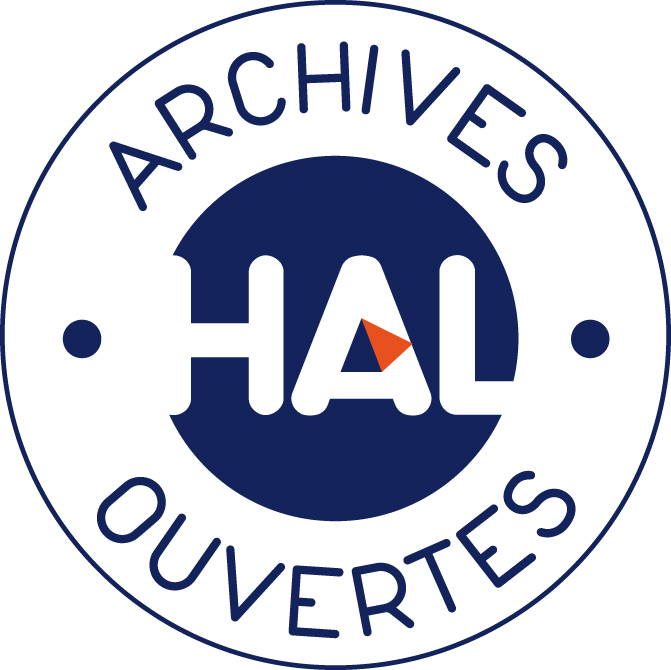The Language of Deception: Applying Findings on Opinion Spam to Legal and Forensic Discourses
Résumé
Digital forensic investigations are becoming increasingly crucial in criminal investigations and civil litigations, especially in cases of corporate espionage and intellectual property theft as more communication occurs online via e-mail and social media. Deceptive opinion spam analysis is an emerging field of research that aims to detect and identify fraudulent reviews, comments, and other forms of deceptive online content. In this paper, we explore how the findings from this field may be relevant to forensic investigation, particularly the features that capture stylistic patterns and sentiments, which are psychologically relevant aspects of truthful and deceptive language. To assess these features’ utility, we demonstrate the potential of our proposed approach using the real-world dataset from the Enron Email Corpus. Our findings suggest that deceptive opinion spam analysis may be a valuable tool for forensic investigators and legal professionals looking to identify and analyze deceptive behavior in online communication. By incorporating these techniques into their investigative and legal strategies, professionals can improve the accuracy and reliability of their findings, leading to more effective and just outcomes.
| Origine | Publication financée par une institution |
|---|---|
| licence |



